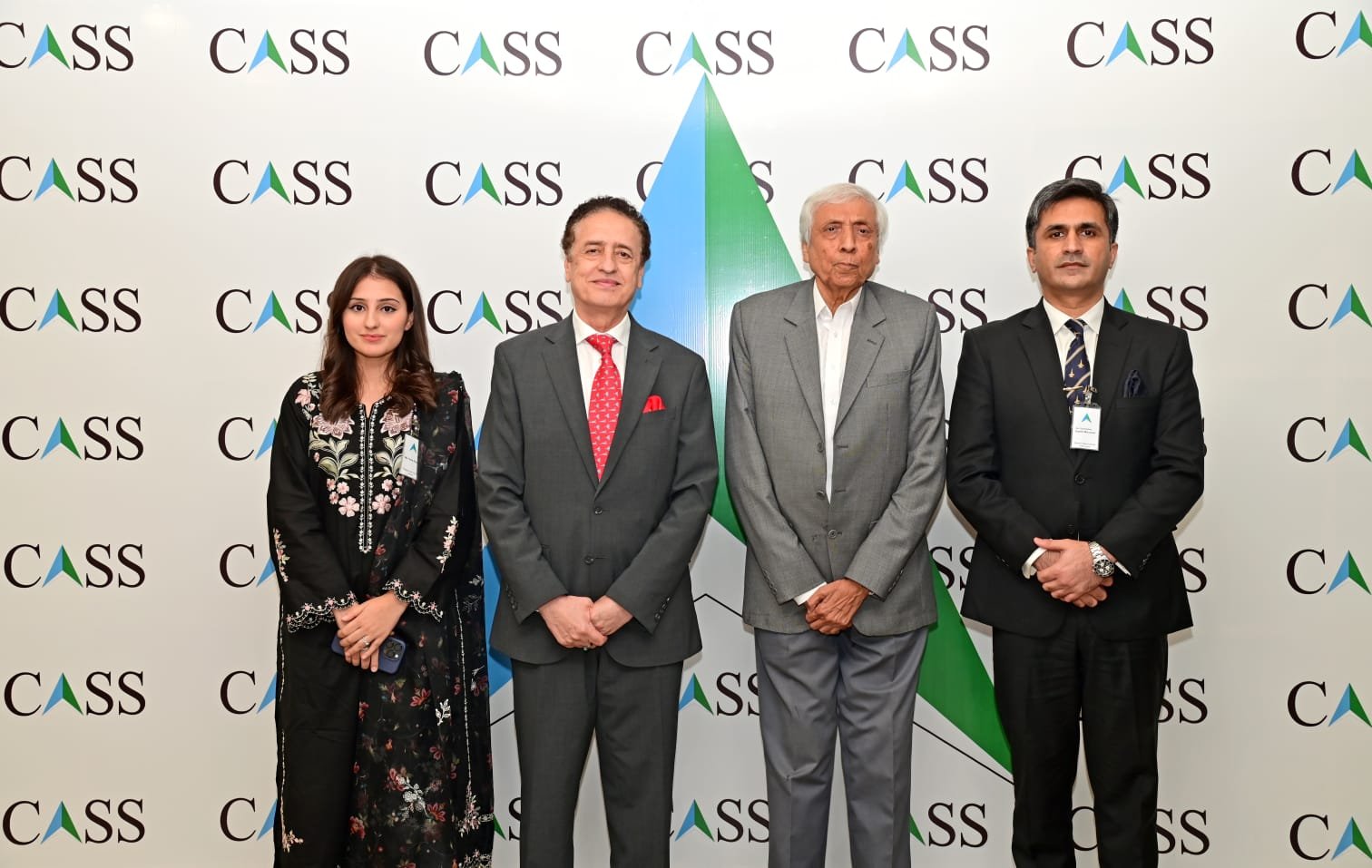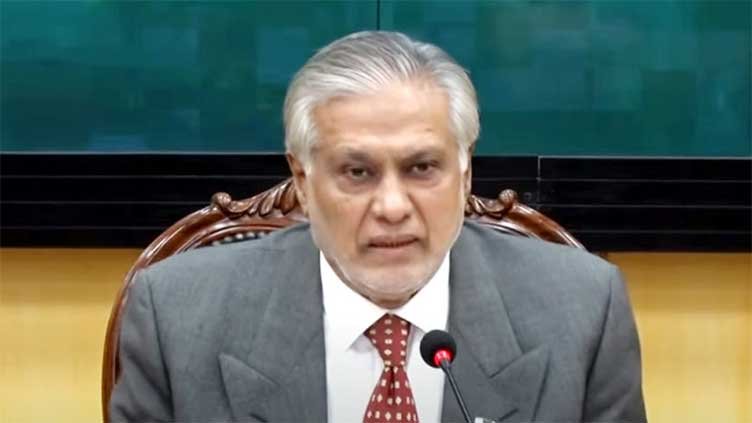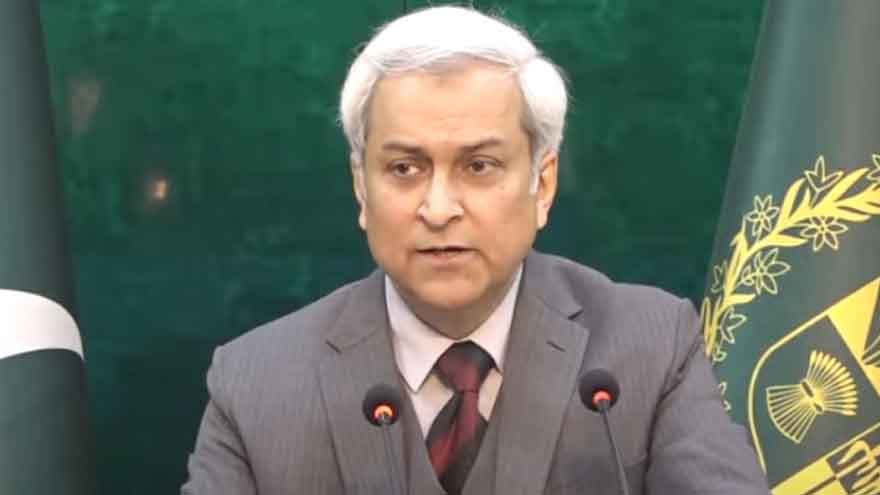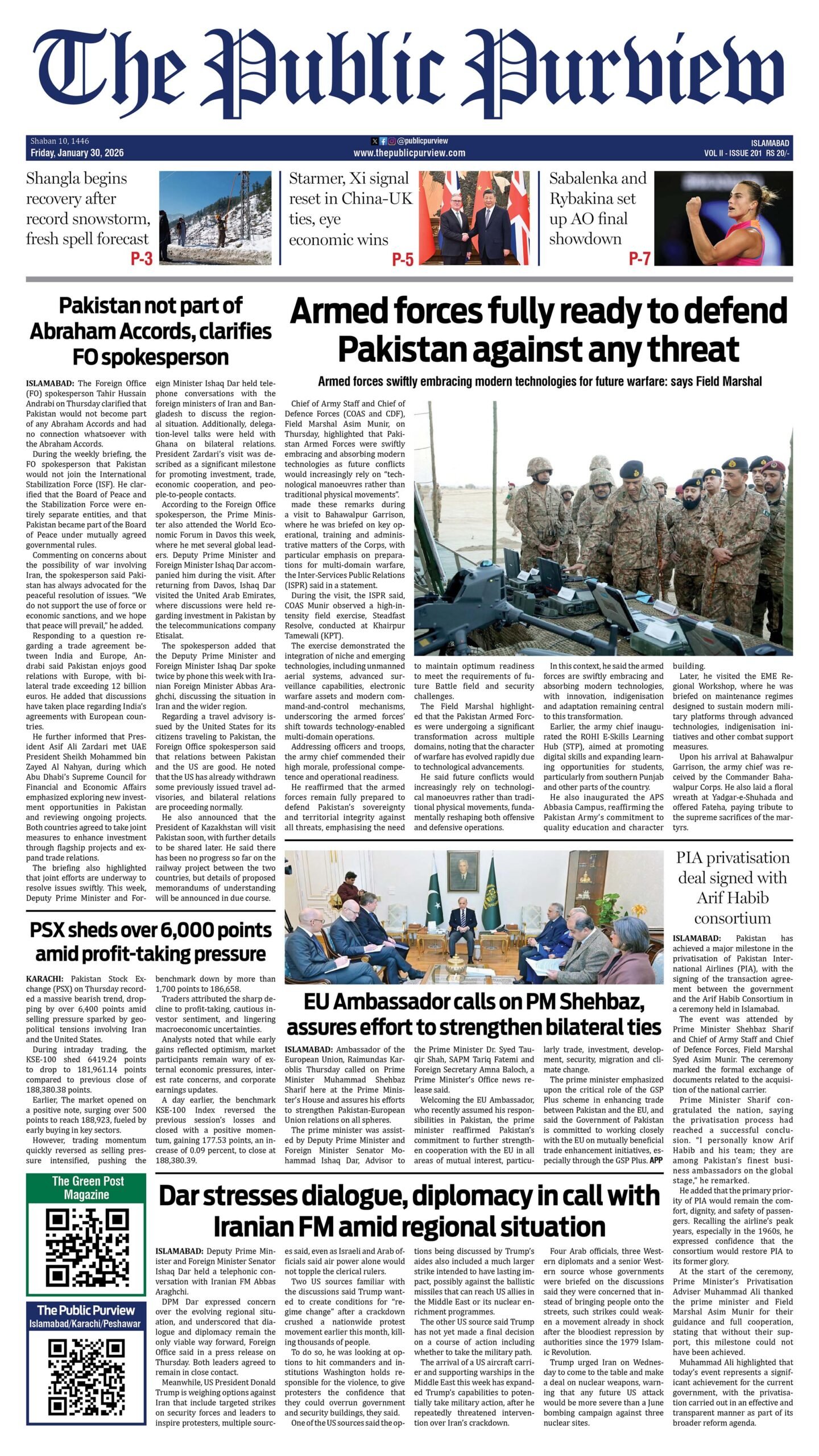Pakistan’s nuclear governance policy took center stage at a roundtable hosted by the Centre for Aerospace and Security Studies (CASS) Lahore. The event brought together academics, students, and experts to explore peaceful nuclear applications, international safeguards, and the broader role of nuclear science in national development.
Delivering the keynote address, Dr Ansar Pervaiz, Advisor to the National Command Authority, argued that resistance to nuclear energy stems not from its inherent risks but from a persistent communication gap. He debunked misconceptions about nuclear technology, explaining that radiation risks are scientifically manageable. In addition to clarifying safety concerns, he emphasized its benefits in medicine and agriculture. Institutions like the Pakistan Atomic Energy Commission (PAEC), he noted, have led advancements in peaceful nuclear use.
On the topic of global nuclear governance, Dr Pervaiz reaffirmed Pakistan’s active role in international dialogue. He clarified the country’s positions on treaties such as the CTBT and NPT. According to him, Pakistan supports a fair and non-discriminatory framework—one that protects its security interests while enabling peaceful nuclear use for public benefit.
Air Marshal Asim Suleiman (Retd), President of CASS Lahore, offered closing remarks. He urged a broader view of nuclear science, emphasizing its potential beyond deterrence. Clean energy, sustainable development, and industrial progress, he said, all depend on responsible governance and innovation. He encouraged Pakistan to expand its national conversation and embrace the socio-economic benefits of peaceful nuclear technology.
During the interactive session, participants explored the physics and mechanics of nuclear systems. They discussed peaceful applications, international safeguards, and global compliance frameworks in depth.
Pakistan’s nuclear governance policy has evolved over the decades. Since the 1950s, the country has invested in nuclear research for civilian use, including energy, agriculture, and medicine. Institutions like PAEC have built reactors, developed cancer treatment centers, and improved crop yields through radiation techniques. Globally, nuclear governance frameworks—led by the IAEA and UN—promote responsible use and non-proliferation. Pakistan continues to advocate for equitable access, compliance with international standards, and protection of national interests.






 Today's E-Paper
Today's E-Paper